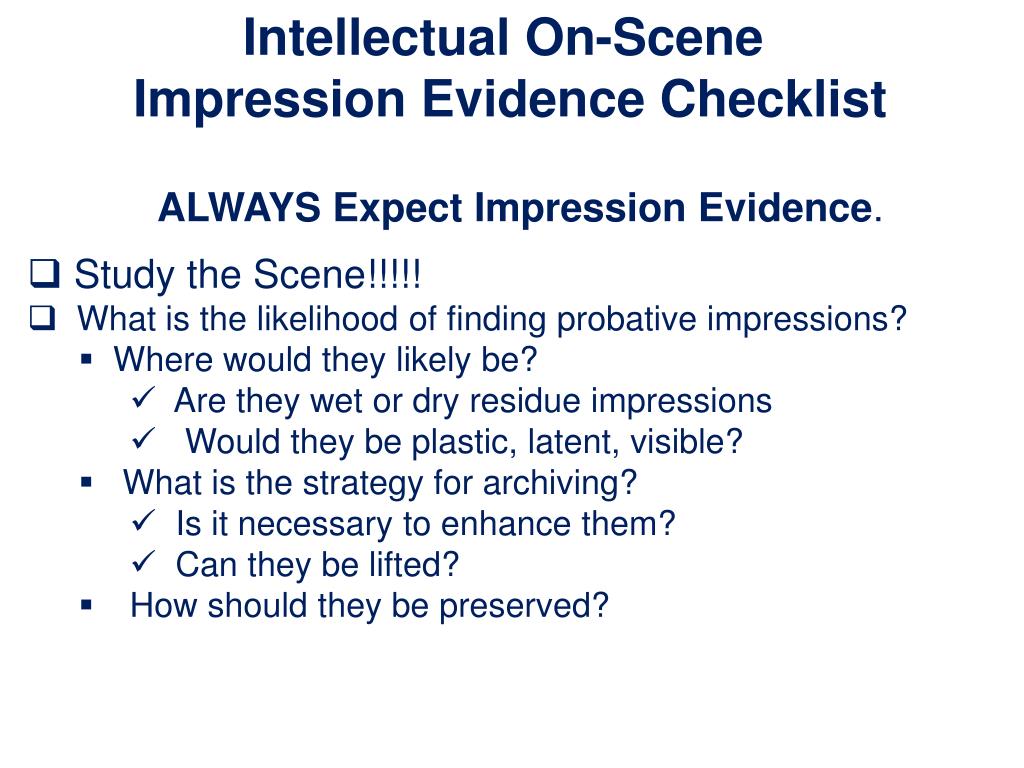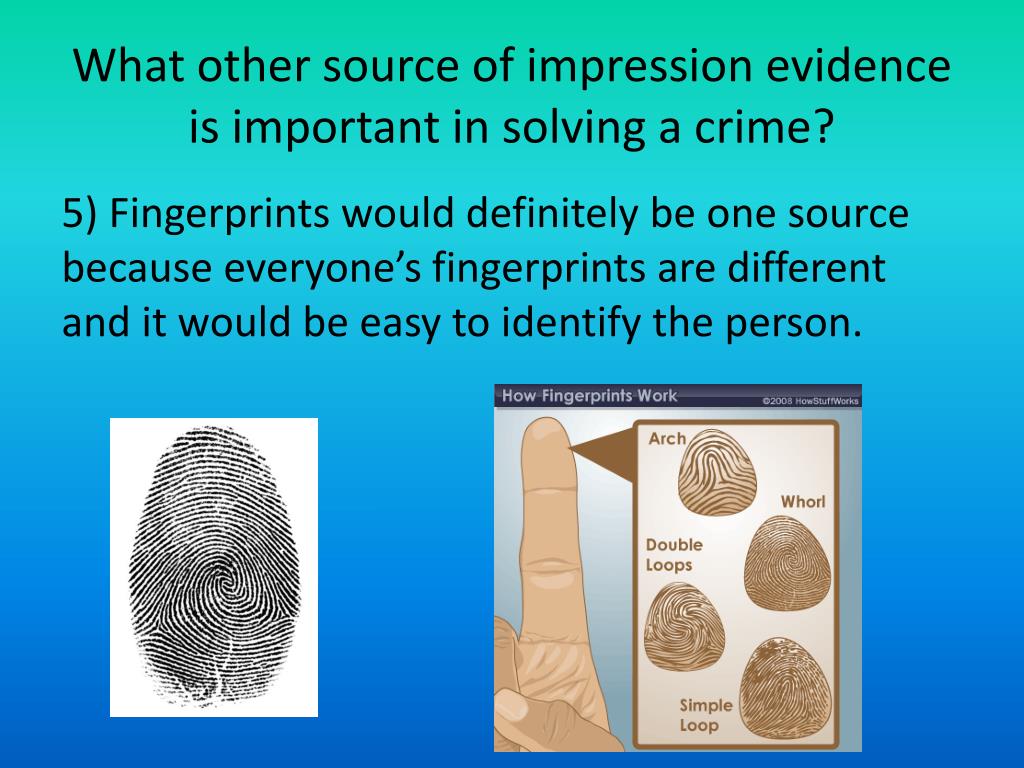

Impression management refers to the maintenance or improvement of an organization’s image in the minds of its stakeholders through information communication and interaction ( Leary and Kowalski, 1990).ĭifferent from propaganda, government impression management can be divided into promotive impression management and protective impression management. Governments’ impression management and political loyalty Based on the review of literature on the impression management theory ( Goffman, 1959), trust in government ( Miller, 1974 Hetherington, 1998), and social cohesion, this study constructs a theoretical model of impression management - trust in government - social cohesion. However, as China’s politics evolves, such “authoritarianism” paradigm has become no longer sufficient to account for the changes taking place in China’s politics and society, such as Beijing’s adoption of opinions from a plurality of subjects and a greater focus on performance in its policy making ( Lieberthal and Oksenberg, 1988). Since the 1980s, a host of international researchers on Chinese issues have employed the “authoritarianism” paradigm to interpret China’s politics. Model construction and research hypothesis Then, how does governments’ impression management affect social cohesion? What role does trust in government play in this relationship? To address these questions, this study has examined the mediating role of citizens’ loyalty in the relationship between impression management and trust in government and social cohesion using the questionnaire method, explored the relationship between trust in government and social cohesion, and tested the proposed hypotheses using the SmartPLS statistical analysis software. The increasingly approachable government image and transparent government behaviors highlight that the credibility and authority of local governments is imperative to foster “social cohesion” ( Huang, 2015). However, through promotive and protective impression management strategies, governments can more truthfully and accurately convey information about the work of government departments to the masses, thus establishing themselves as authoritative governments with credibility. It can be seen from this that the performance of the Chinese government needs to be strengthened ( Carlsen and Bruggemann, 2017). According to the fragile state index in 2014, China was 79.0, ranking 68 in the world, which was a high warning, of which the government performance score was 7.9.

It has been observed that the higher the recognition of government behaviors by the public, the stronger the overall social cohesion ( Huang, 2015). For instance, Belgium has issued stamps themed on social cohesion the United States seeks to enhance its overall social cohesion by fostering a mainstream culture centered on individual freedom and a political culture centered on the recognition of civil rights and Japan strives to unite the public through vigorous economic development and social mobilization. Against this backdrop, all countries around the world attach great importance to the build-up of social cohesion among the public ( Huang, 2015). These findings provide implications for boosting the sound development of China’s political society during the transition period.Īs the global economy, culture and information networks become increasingly connected in this new era, exchanges and integration across countries are ever deepening, accompanied by drastic collisions and games of different ideologies. The results indicate that both promotive and protective impression management strategies take by governments positively affect citizens’ loyalty, and loyalty positively affects citizens’ social cohesion and the level of trust in government moreover, the level of trust in government positively affects social cohesion. Impression management strategies are classified into promotive ones and protective ones herein based on the social psychology theory. This study explores the mechanism of governments’ impression management behaviors on trust in government and social cohesion using the questionnaire survey with college students in Shanghai as the research subjects. With the development of the Internet, cross-border flows of information have become increasingly easier, enabling more factors to influence people’s political perceptions and loyalty. Trust in government and social cohesion are crucial guarantees for long-term social stability.

2School of Literature and Journalism, Sichuan University, Chengdu, Sichuan, China.1School of Journalism and Communication, Shanghai International Studies University, Shanghai, China.


 0 kommentar(er)
0 kommentar(er)
